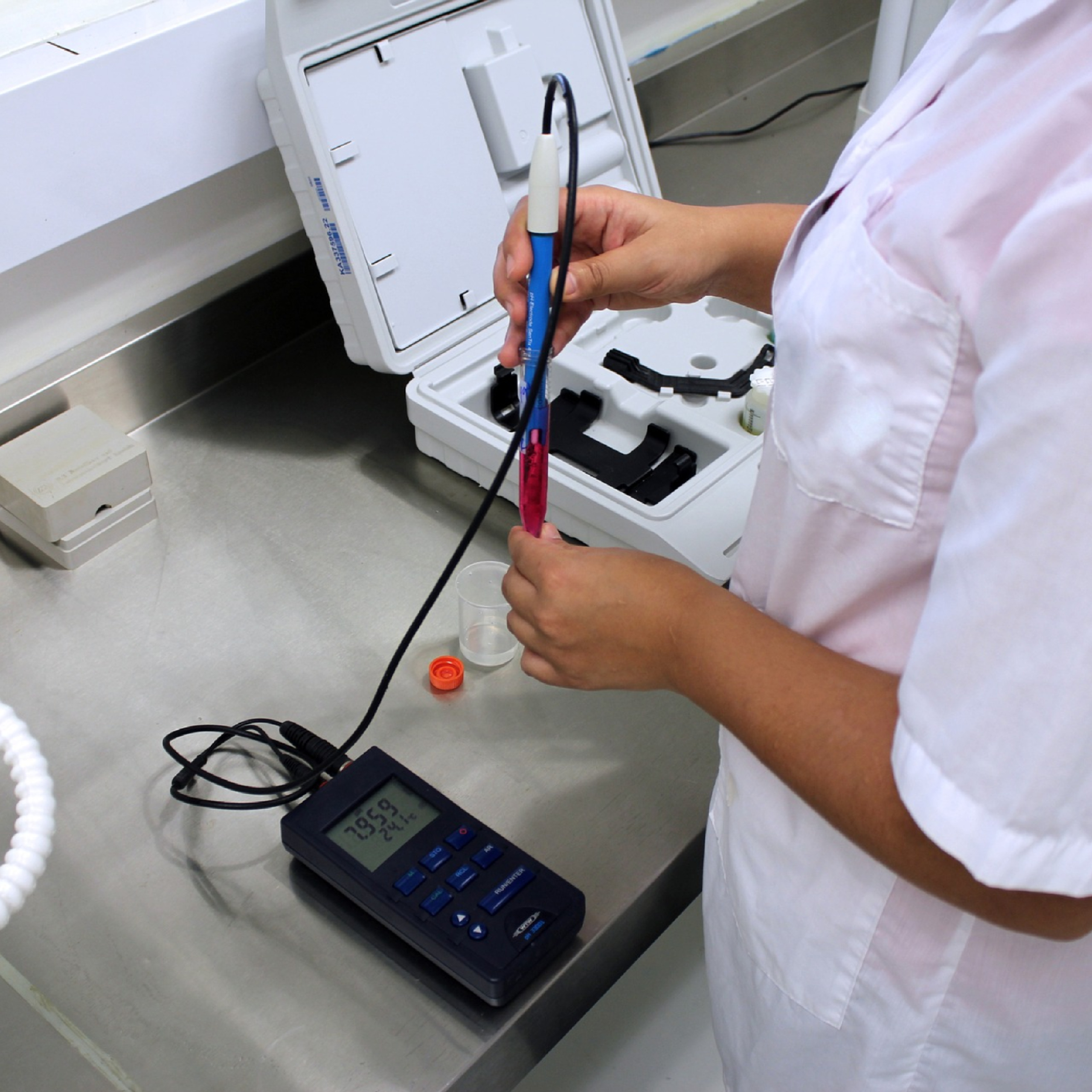Female Health
(more…)
Pap Smears, Breast Screening, STIs, and More – Female Screening Guide
A screening test is defined as: “The examination of a group of usually asymptomatic individuals to detect those with a high probability of having or developing a given disease”. In other words, screening tests are done to assess risk, NOT for already symptomatic individuals.
A good screening test has the following attributes:
- Investigates an important health problem
- Effective and acceptable treatment is available
- The screening test itself is accurate and acceptable to patients
- Natural history of the condition should be adequately understood
- Overall benefits of screening outweigh harm
- Ensures informed choice, confidentiality and respect for autonomy for the patient
Naturopathic medicine is all about prevention and being pro-active in your health. Screening tests are a big part of this, and while not all are worthwhile to do (e.g. for some, the cons outweigh the pros), there are some that you should be including as part of your routine check-ups.








